Archive for February 2024
Genesis of “Vaporware”

The term “vaporware” is first used by Philip Elmer-DeWitt in a TIME magazine article. The term is now commonly used to describe software that has been long announced but hasn’t actually been released. At the time, many experts believed Microsoft was guilty of using vaporware announcements to keep customers from purchasing software from other companies (by convincing them that a Microsoft version was just around the corner).
First Soft Landing on Moon
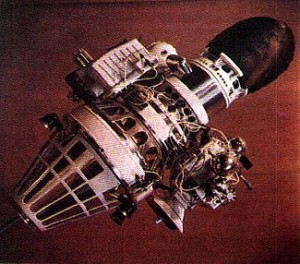
The unmanned Soviet Luna 9 spacecraft makes the first controlled rocket-assisted landing on the Moon. It was the first spacecraft to make a soft landing on any planetary body other than the Earth and to transmit photographic data to Earth. It was, however, the 12th attempt by the Soviets at a soft landing.
Amelio Becomes Apple CEO
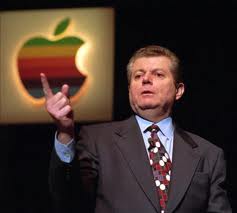
Gil Amelio is named CEO of Apple Computer, replacing Michael Spindler. He orchestrated the purchase of NeXT, the company which Steve Jobs founded after leaving Apple in 1985. Steve Jobs was brought on as a consultant to Apple and after a series of events, Gil Amelio was fired after 499 days on the job. Steve Jobs soon replaced him and has led Apple back into profitability with its iMac and G3 machines.
TRS-80 Born
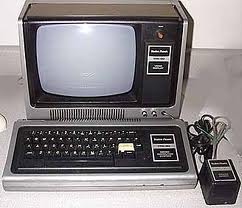
The prototype of the TRS-80 computer is shown to Charles Tandy, the CEO of the Tandy Corporation, owner of the Radio Shack chain of stores. He agrees to begin production based on this demonstration and the computer goes on sale in August. “TRS” stood for Tandy Radio Shack. The relatively inexpensive TRS-80 helped to spur the acceptance of the personal computer in the home.
First Polygraph Used
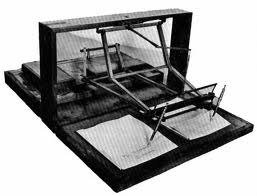
Leonarde Keeler, co-inventor of the polygraph machine, first uses his invention. Keeler used the lie detector on two criminals in Portage, Wisconsin, who were later convicted of assault when the lie detector results were introduced in court.
Space Shuttle Columbia Disaster
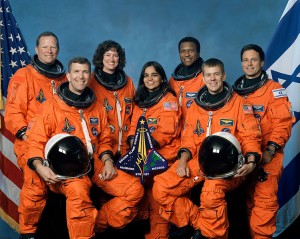
The Space Shuttle Columbia disintegrates during reentry into the Earth’s atmosphere, killing all seven astronauts aboard. The cause of the disaster was a piece of foam insulation the size of a small briefcase that broke off the external tank during launch and struck the leading edge of the left wing. This damaged the Shuttle’s thermal protection system (TPS), which protected it from heat generated by the atmosphere during re-entry. The damage allowed hot gases to penetrate and destroy the internal wing structure, resulting in the in-flight breakup of the Columbia.
286 Processor Introduced
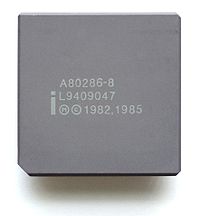
The Intel 80286 processor is introduced in 6 and 8 MHz versions. It was employed for the IBM PC/AT, introduced in 1984, and then widely used in most PC/AT compatible computers until the early 1990s. The “286”, as it was most commonly called, paved the way for the PC (and now Macintosh) as we know it today.
First Working Prototype of Rotary Engine
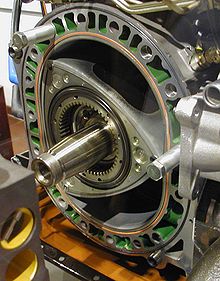
Felix Wankel‘s first working prototype DKM 54 of the Wankel engine runs in Germany. The Wankel engine is more commonly referred to as the “rotary engine”, because it is the most successful design of such an engine, although there are other engines that are considered rotary. The most common use of the Wankel engine is by Mazda in their RX series of cars.
First Movie Studio Completed
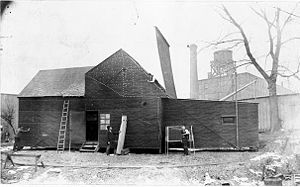
Thomas A. Edison finishes construction of the first motion picture studio, the Black Maria (officially known as the Kinetographic Theater) in West Orange, New Jersey. The name Black Maria came from a slang term for police wagons, also known as paddywagons, which were similarly cramped, uncomfortable, and dark.
